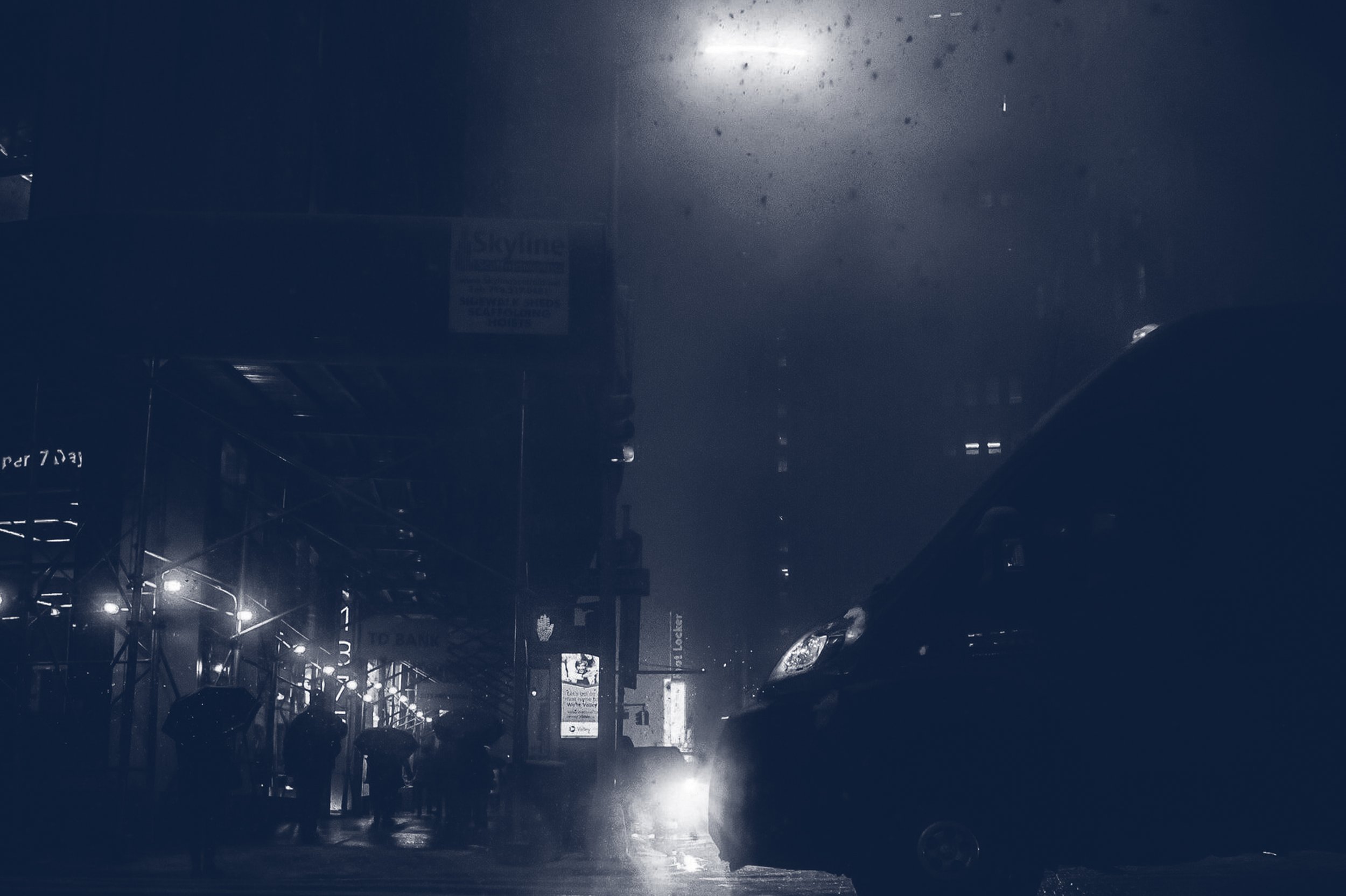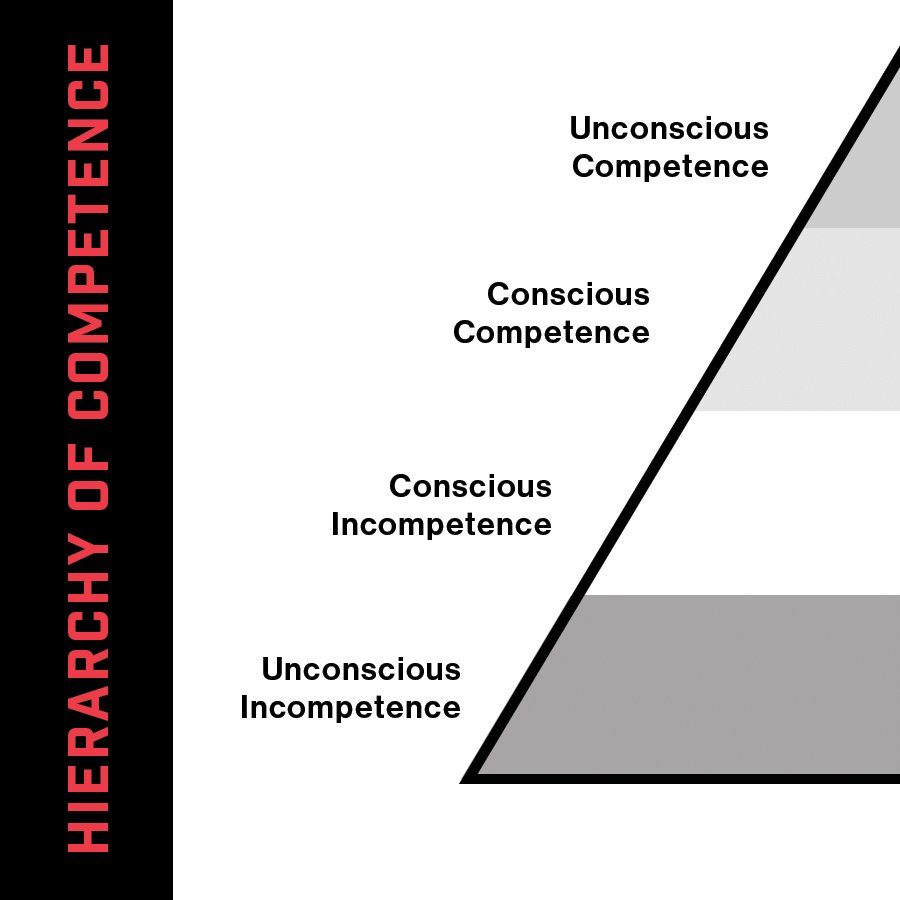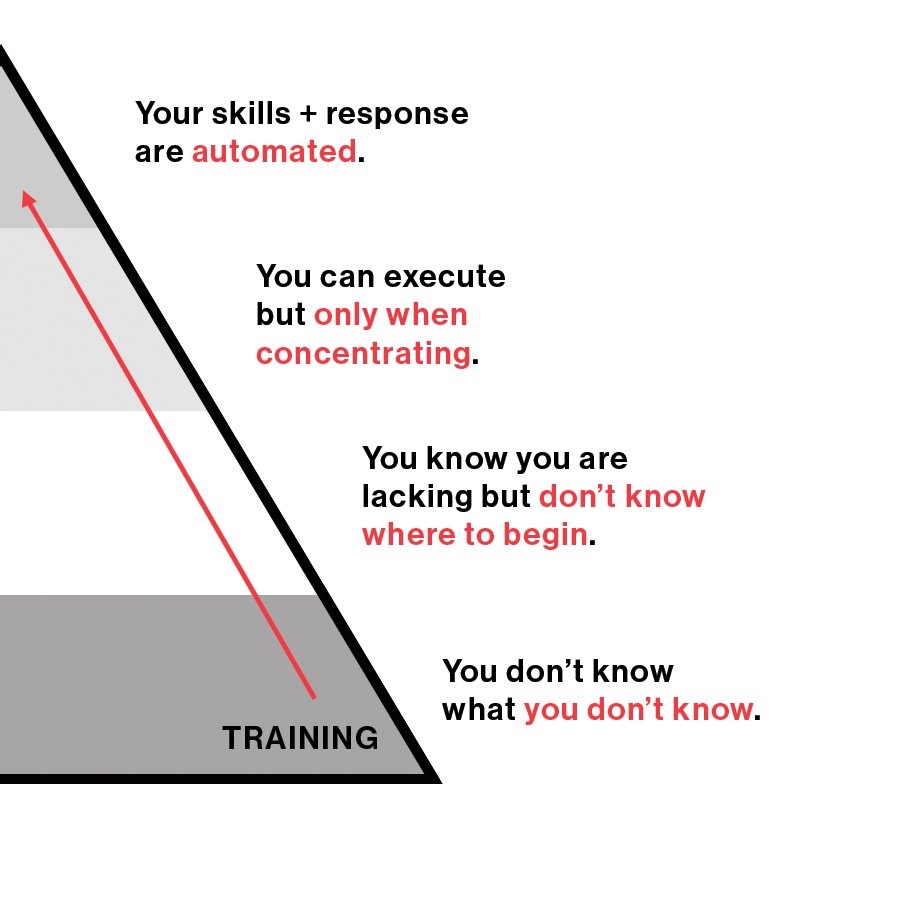Are You as Prepared as You Think You Are?
Live with certainty in an uncertain world. Sign up for the FREE LiveReady bi-monthly newsletter and get the insights and tools to be a protector.
“The purpose of fighting is to win. There is no possible victory in defense. The sword is more important than the shield and skill is more important than either. The final weapon is the brain. All else is supplemental.”
Willing and Able
One of the problems in most martial arts and self-defense training programs is the over-focus on the physical aspects.
Don’t get me wrong, in order to successfully manage real-world violence, you need physical training. But of even greater importance is the training of the mind.
Many people think because they were an athlete in high school—or had a few street fights, or were in the military—that they are ready to address violence, but to quote the Greek warrior poet Archilochus, “We don’t rise to the occasion; we fall to the level of our training.”
And even though my military brothers and sisters are light years better prepared than the average citizen to handle violence, the tactics for warfare require a completely different skill set than managing predatory violence.
The good news is that while physical training is important, the proper mental training—training that anyone can master, no matter their size, background, or skillset—is even more so.
I would go so far as to say that the real goal of any decent personal security training program shouldn’t be to make you a ninja; it should be to ensure that you can think and make decisions under pressure—that you can override your mind and body’s default to panic in high-stress moments so that you can keep your wits about you, even when everyone else is losing theirs.
The goal of any successful training program is to move participants through the four stages of competence, acquiring skills as they go.
We all start at the bottom of the pyramid, where we don’t know what we don’t know.
And if you want to reach the top—if you want to be a true protector, someone who maintains a level head when the shit hits the fan–then proper training is critical.
But so is an open mind.
Why your mindset could cost you your life
Unfortunately, I meet so many people who are willfully stuck at the bottom of the pyramid.
Most often, they think they already know what they need to know. They say things like: “What else could you teach me? I grew up in the big city.” Or “I own a gun. Why do I need self-defense?”
Or they think they don’t need to learn personal protection skills. Or that learning these skills is too difficult. Or they don’t know where to begin.
Or worse: They think “If I only think good thoughts, I won’t attract anything bad into my existence.”
All of these examples are the thoughts of someone suffering from unconscious incompetence.
Let’s break down why each mindset is dangerous—and how to overcome it.
Examples of a broken mindset
Mindset #1: “I already know everything I need to know.” Or “I own a gun.”
I hear this a lot. Usually from men. And especially from men who have some martial arts or experience with firearms under their belt (usually from childhood).
Though the physical aspects of self-defense are important, believe it or not, they are actually easier to learn soft skills like:
Situational awareness;
Managing dangerous personalities;
Threat assessment; and
Understanding the effects of stress and adrenaline on the brain and body.
And, okay, even if YOU know how to protect yourself … do you know how to teach these skills to your loved ones?
Mindset #2: “I don’t know where to start. Learning these skills is too hard.”
Having been in this business for 25+ years, I understand how overwhelming learning these skills can appear.
But once you start, you’ll see that, as a past client once said, the LiveReady training is “an effortless way of empowering you and equipping you with potentially life-saving information.”
Mindset #3: “If I think bad thoughts, bad things will happen to me.”
Or: “If I only think good thoughts, I won’t attract anything bad into my existence.”
These types of thoughts are nothing more than hoping and praying. And when hopes and prayers fail in reality, you’re left completely unprepared and incapable of responding. Being prepared to face violence actually makes you less likely to face violence. Not more.
I appreciate the law of attraction, but never forget that predators are trying to manifest easy targets into their sphere, and this mistake sets you up perfectly.
The more you understand—and the more you can incorporate good situation awareness into your life—the less likely you are to manifest bad stuff into your life.
Situational awareness will make you more confident on a daily basis.
You are never helpless
Personal protection training is more mental than physical.
Learning to control your mind is the key to knowing how to keep yourself from freezing in the face of danger; how to avoid losing control of your mind; and just as importantly, how to exploit this predictable weakness in an adversary.
No matter who you are or what your background, you can learn techniques to recognize danger, avoid trouble, or ward off the predators of the modern world.
You don’t have to be bigger or stronger than anyone to effect this outcome.
Most of the time, you don’t even have to be a better fighter. You simply have to be willing to protect yourself, willing to control your fear and turn it against your attacker, and willing to accept that personal security is a fundamental human need, but ultimately an individual responsibility.
It’s never too late to start training.
Where to start
Three great resources:
READ | Path of the Victor.
This book is a distillation of a lifetime of learning and teaching, and it articulates the philosophy of the warrior life and how it may be lived on a daily basis. More than just a way to manage conflict, The Path of the Victor is a guide to achieving inner peace. Get the eBook for FREE here →MASTER | The 5 Habits to Better Situational Awareness.
This article will teach you how to live in a constant state of readiness (not paranoia). Read the article here →UNDERSTAND | The Myth of Helplessness
Take a deep dive into the mental frameworks that are (possibly) preventing you from taking personal responsibility for your own safety. Read all thee parts (1, 2, and 3).



